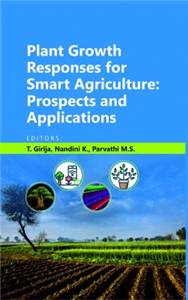Humanities & Social Sciences
May 2022
Selective reproduction and neoliberal eugenics in South Africa and India
Birth controlled analyses the world of selective reproduction - the politics of who gets to legitimately reproduce the future - through a cross-cultural analysis of three modes of 'controlling' birth: contraception, reproductive violence and repro-genetic technologies. It argues that as fertility rates decline worldwide, the fervour to control fertility, and fertile bodies, does not dissipate; what evolves is the preferred mode of control. Although new technologies like those that assist conception or allow genetic selection may appear to be an antithesis of other violent versions of population control, this book demonstrates that both are part of the same continuum. All population control policies target and vilify women (Black women in particular), and coerce them into subjecting their bodies to state and medical surveillance; Birth controlled argues that assisted reproductive technologies and repro-genetic technologies employ a similar and stratified burden of blame and responsibility based on gender, race, class and caste. To empirically and historically ground the analysis, the book includes contributions from two postcolonial nations, South Africa and India, examining interactions between the history of colonialism and the economics of neoliberal markets and their influence on the technologies and politics of selective reproduction. The book provides a critical, interdisciplinary and cutting-edge dialogue around the interconnected issues that shape reproductive politics in an ostensibly 'post-population control' era. The contributions draw on a breadth of disciplines ranging from gender studies, sociology, medical anthropology, politics and science and technology studies to theology, public health and epidemiology, facilitating an interdisciplinary dialogue around the interconnected modes of controlling birth and practices of neo-eugenics.




























